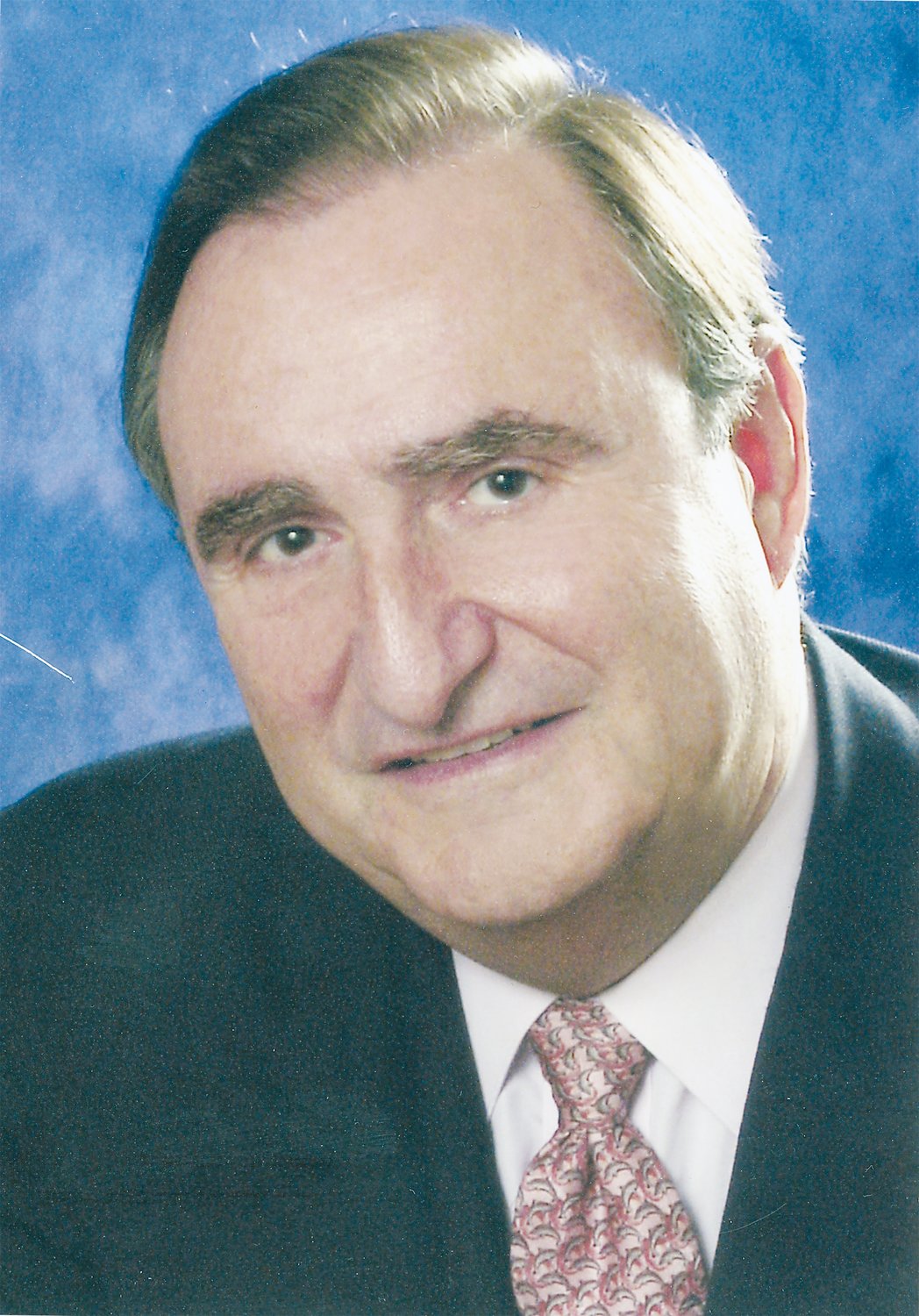The great Albany debates are long gone
Having served in the Assembly for 23 years, I can’t avoid comparing the Legislature of my days and the current one. So much has changed, a lot of it for the good. There are now such things as electronic voting, immediate access to pending legislation, a modern sound system and many other changes that make legislating so much faster, easier and smarter.
During my years of service there were roll-top desks, no microphones available for debate, and every bill that had been introduced was in a pile of papers under your desk. In a typical year, upward of 14,000 bills were introduced, so there was little or no chance that every one of them would be given special consideration.
But one of the things missing from the current legislative process is what I call the great debate. For countless years, a handful of members would stand out in the crowd because of their ability to debate legislation with passion. Their arguments would make the chamber go silent. From time to time, you really could hear a pin drop.
So many of the laws that the current Assembly and Senate are considering for revision were passed years ago, after hours and hours of intense argument. Issues such as crime, housing, fiscal reform, integration, education, transportation, health and other hot topics were argued back and forth, with sometimes heated and often memorable speeches, before the debate was finished. I was fortunate enough to sit through many of those debates, and on a number of occasions, I wasn’t reluctant to enter the fray with some of my own very heartfelt views.
Which brings me to the subject of Assemblyman George Michaels. Michaels was a quiet, focused member from an upstate community that was predominantly Catholic. He wasn’t known for stirring floor speeches, and was conservative on most issues.
When it came to the issue of abortion, Michaels had signed a pledge with his local county party officials that he would not support any repeal of the state’s archaic abortion laws. For most of the 1970 legislative session, abortion was not under consideration anywhere, including New York. But in early March 1970, while members were negotiating budget matters, upstate Ithaca Republican Assemblywoman Constance Cook introduced a bill to repeal a law passed in 1832, which was an outright ban of abortion.
Cook was joined by liberal Manhattan Assemblyman Al Blumenthal. At the time, Republican Perry B. Duryea, of Montauk, was the Assembly speaker. Duryea was considered fairly conservative on most issues, and the Assembly was under Republican control.
On or about April 2, 1970, the Cook-Blumenthal bill was reported to the floor for debate. On April 9, the debate commenced. It consumed over five hours, and was emotional, yet informative. When the final roll call began, most of us in the chamber were convinced that the bill had no chance of passing.
The chamber fell totally silent as the final tally was taken and the clerk announced that the bill had been defeated, apparently by one vote. The exhausted members rose and were about to leave the chamber when Michaels asked for the attention of the speaker. He stated that he wished to reconsider his vote.
“I know that this is the end of my political career,” Michaels said. “Prior to coming to Albany, I had spoken with my close family, and I pledged that I would not be the deciding vote on such a historical issue. Accordingly, Mr. Speaker, I wish to cast my vote in the affirmative.”
Within seconds, Speaker Duryea also voted “yes,” and the bill passed. Within days, the Senate approved the bill as well, and the repeal of the ban on abortion was signed into law by Gov. Nelson Rockefeller.
If you are interested in this particular issue and the drama surrounding it, there is a new documentary, “Deciding Vote,” that gives you a bird’s-eye view of that event.
Regrettably, there haven’t been those kinds of debates in the years since, and most of the current oratory is flat. Maybe a few great debates will grace the floors of the State Legislature in the future, but the real debates of the past are long gone.
Jerry Kremer was an Assemblyman for 23 years, and chaired the Assembly’s Ways and Means Committee for 12 years. He now heads Empire Government Strategies, a business development and legislative strategy firm. Comments about this column? jkremer@liherald.com.

 44.0°,
Mostly Cloudy
44.0°,
Mostly Cloudy 




